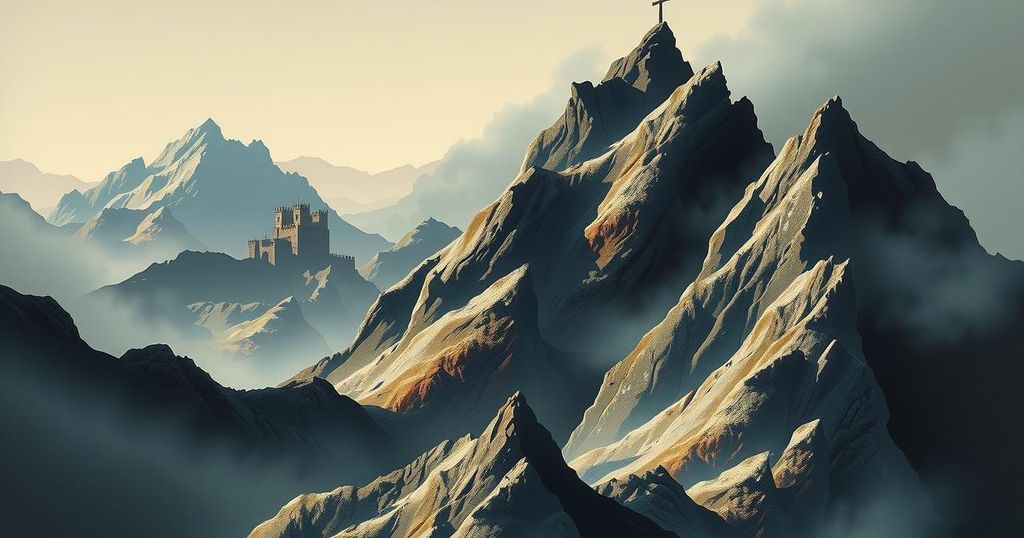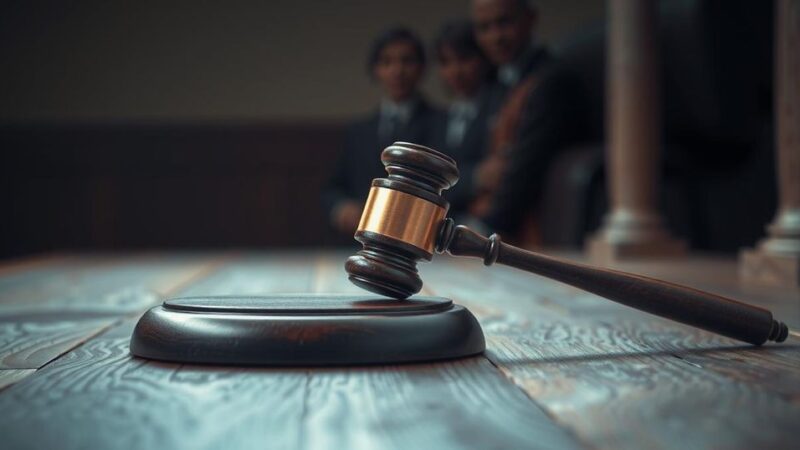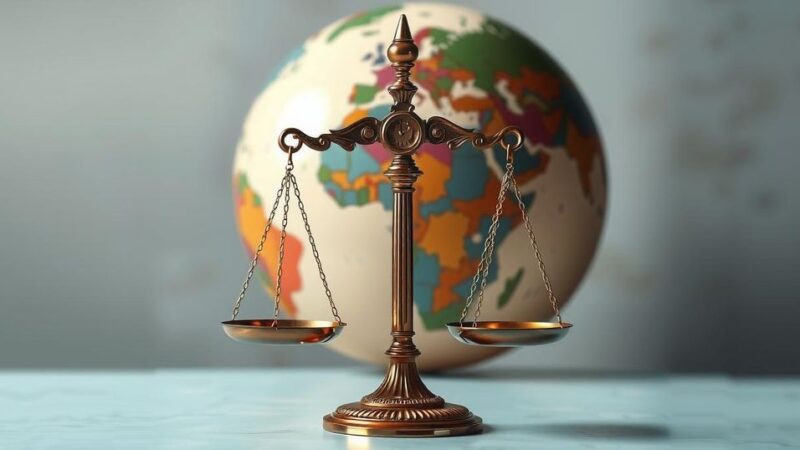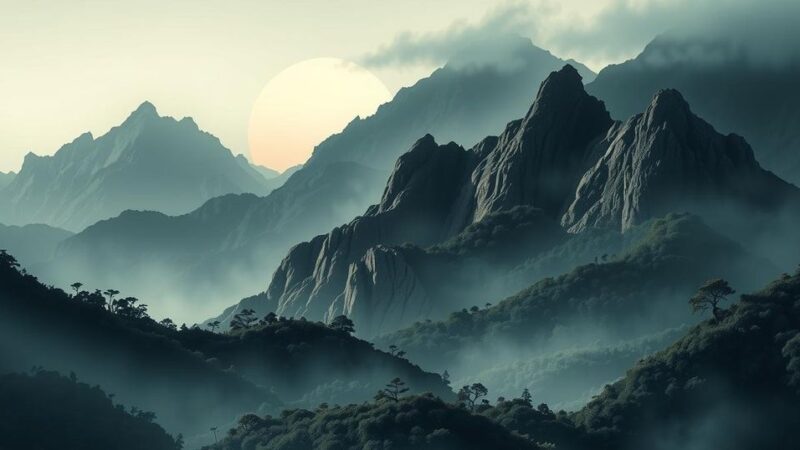Rwanda-supported M23 rebels claim control of Goma in eastern DRC, triggering widespread panic among residents. The Congolese military is overwhelmed as international discussions on the crisis unfold. Rwanda denies accusations while Congo calls for a mineral export embargo. The ongoing conflicts in DRC stem from historical genocide legacies, raising concerns over increased displacements and humanitarian crises.
On the evening of Monday, the M23 rebel group, supported by Rwanda, declared they had seized control of Goma, the principal city in eastern Democratic Republic of Congo (DRC), causing widespread panic among its approximately two million residents. This development followed a deadline issued by the rebels for the Congolese military to surrender, leading to chaos, violence, and a mass prison break amid fierce explosions in the city.
Corneille Nangaa, leader of the rebel alliance, affirmed that M23 forces had overtaken Goma, compelling government troops to lay down their arms. The Congolese government denounced the rebel advance as a “declaration of war”. As fighting intensified, the armed forces of Congo appeared increasingly overwhelmed, resulting in some units surrendering to United Nations peacekeepers.
The UN Security Council responded to the situation with urgent discussions, condemning Rwanda’s alleged support for the advance of the M23 rebels, while Rwanda dismissed the accusations as unhelpful, accusing Congo’s government of obstructing negotiations. DRC’s Minister of Foreign Affairs urged the Security Council to enforce an embargo on minerals associated with Rwanda, especially gold, reflecting deepening tensions.
The repeated violence in eastern DRC stems from longstanding conflicts exacerbated by the legacies of Rwanda’s 1994 genocide, with numerous armed groups vying for control over valuable resources in the region. The M23, a Tutsi-led militia, previously captured Goma in 2012 but withdrew shortly after. Yet, in 2022, they resumed attacks, capturing large territories within the mineral-rich North Kivu province.
UN reports estimate over a third of North Kivu’s population has been displaced due to ongoing conflicts. The M23 rebels, well-equipped and trained, continue to assert their existence is to protect Congo’s Tutsi community from government persecution and Hutu militia violence. Further complicating matters, it is reported that Rwanda has stationed thousands of troops in support of the rebels, contributing to a worsening humanitarian crisis, as already three million people were displaced prior to 2024.
The situation in the Democratic Republic of Congo has a complex history rooted in the aftermath of the 1994 Rwandan genocide, leading to conflicts involving numerous militia and rebel groups within DRC. The M23, or March 23 Movement, has been one of the notable Tutsi-led groups, backed by Rwanda, attempting to exert influence in a mineral-rich region that has seen repeated violence and instability. Goma, as a strategic city near the Rwandan border, serves as a focal point in these ongoing tensions, and its fall signifies increased hostilities that threaten regional stability and humanitarian considerations.
The recent capture of Goma by Rwanda-backed M23 rebels marks a significant escalation in ongoing conflicts in the DRC, causing severe humanitarian repercussions. With the Congolese military struggling against the rebels, urgent international attention is required to address the crisis, protect civilians, and confront the historical roots of the conflict. Both regional and international responses will be critical in navigating the complex geopolitical landscape, aiming to restore peace and stability in the region.
Original Source: www.ndtv.com







